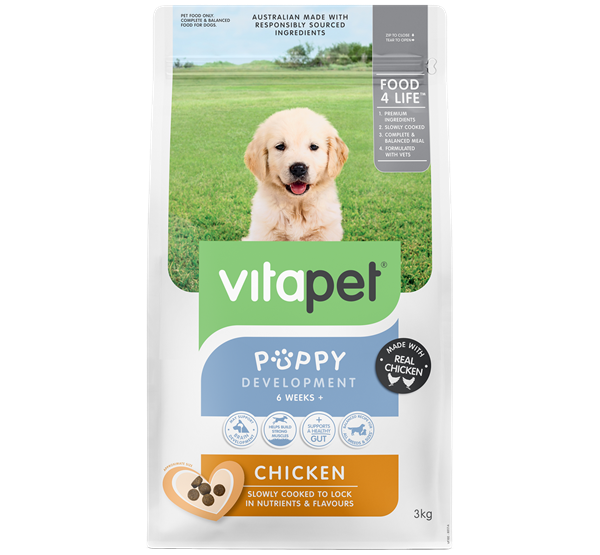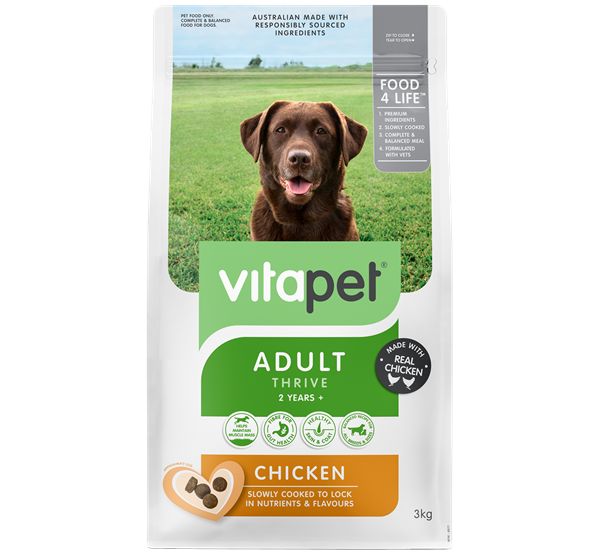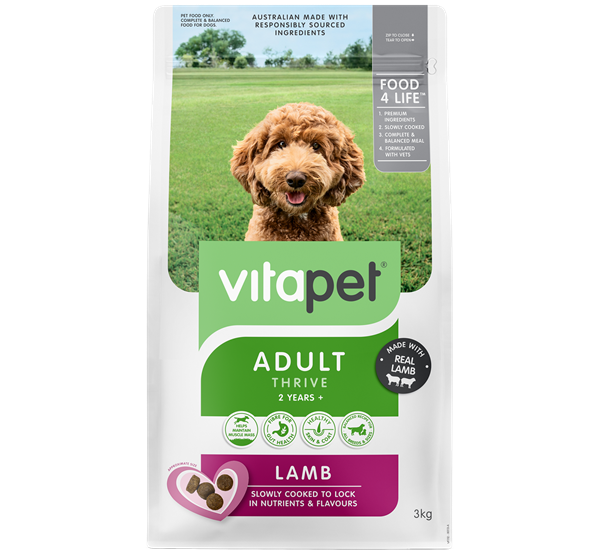Keeping your pet parasite free is important for their health and happiness. Fleas, mites and worms often cause discomfort and can lead to serious illness if left untreated. You may notice changes in your pet’s behaviour caused by common parasites.
Being able to recognise the signs and symptoms of parasites will ensure you can treat them appropriately.
So what behaviours should you look for? The most common behaviours that can indicate your pet is affected by parasites include:
Scratching
Scratching is a normal behaviour in pets however excessive scratching is a common symptom of fleas and mites in both cats and dogs. If you notice your pet scratching more than normal, check their fur for signs of flees or mites such as flea dirt fleas, mites or redness. If you cannot find any signs of fleas or mites your pet may have a different health problem such as an ear infection or sensitive skin due to an allergy.
Scooting
Scooting is the behaviour pets do when they drag their bottom along the ground and it’s one of the main symptoms of having worms. Scooting helps alleviate itching but can also indicate discomfort associated with the anal glands.
Weakness/Difficulty breathing
Common symptoms of tick paralysis can include vomiting, weakness, collapse, difficulty breathing, excessive salivation and a change in the sound of your dog’s bark or cat’s meow. Take your pet to the vet immediately if you notice any of these changes in behaviour as tick paralysis can be fatal. Tick prevention is effective in avoiding tick bite paralysis.
Vomiting or diarrhoea
Vomiting and/or diarrhoea in your cat or dog could indicate the presence of parasites, particularly worms, but can also be signs and symptoms of other serious health issues.
Common parasites are easily treated at home but it’s important to remember that although these behaviours may indicate the presence of parasites in cats and dogs, they can also be signs and symptoms of other illnesses. For this reason, it’s best to take your pet to the vet for a thorough check up if you’re unsure, if the symptoms continue or if your pet is in discomfort.























